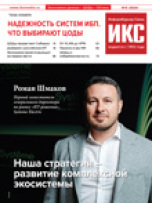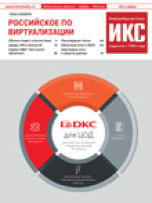| Рубрикатор |  |
 |
| Все новости |  |
World News |  |
 |
Satellite lobby group warns over EU spectrum policy
| 10 октября 2008 |
The European Satellite Operators Association has warned that key proposals in the new European Regulatory Framework could have "unintended consequences" that would be detrimental to the future of satellite services across the European Union.
According to Aarti Holla-Maini, secretary general of ESOA, the lobby group for the satellite industry is concerned that the new framework does not recognise the "specific technological attributes and unique advantages of satellites".
Holla-Maini said a key aspect of the proposed regulation that has sounded alarm bells at ESOA is that the original European Commission proposal did not recognize regulation by the International Telecommunication Union on global spectrum allocation and coordination.
"We have been working with the European Parliament to revise that," she said. "The recent plenary vote [in September] did bring back some ITU references," she added. The lobby group is now waiting to see the outcome of the vote by the Council of Telecoms Ministers on 27 November.
In ESOA's view, the ITU is the best place to issue guidelines on international spectrum use and regulation. "We see the EU as an unnecessary level" of regulation, she added.
Holla-Maini pointed out that the European Commission has said it wants to open C-band spectrum up to services such as WiMAX, even though the UN Working Group on Emergency Telecommunications has declared it as the standard for all emergency communications.
"It's not just nimbyism," said Michael Butler, chief operating officer of Inmarsat, a full member of the ESOA. "It's not that we don't want WiMAX to work. But it's important that critical services are not affected through possible interference with signals."
Holla-Maini said the C-band decision will be reviewed in March.
Other ESOA concerns are that the Commission also originally proposed a revolving five-year review of existing spectrum rights. But as Holla-Maini and Butler noted, satellite operators tend to have very long-term business plans of 20-25 years and rely heavily on having assured access to spectrum over this period. "A lack of uncertainty is difficult for us," said Butler.
The European Parliament has now proposed to delete any revolving reassessments, but plans to keep a mandatory review by the end of 2010.
On the aspect of technology neutrality, Butler said: "We are supportive of it, but the 'one size fits all' approach does not work."
"The EU wants to harmonise spectrum use," added Butler, "but it's in danger of creating a homogeneous market."
Источник: Total Telecom

















Оставить свой комментарий:
Комментарии по материалу
Данный материал еще не комментировался.